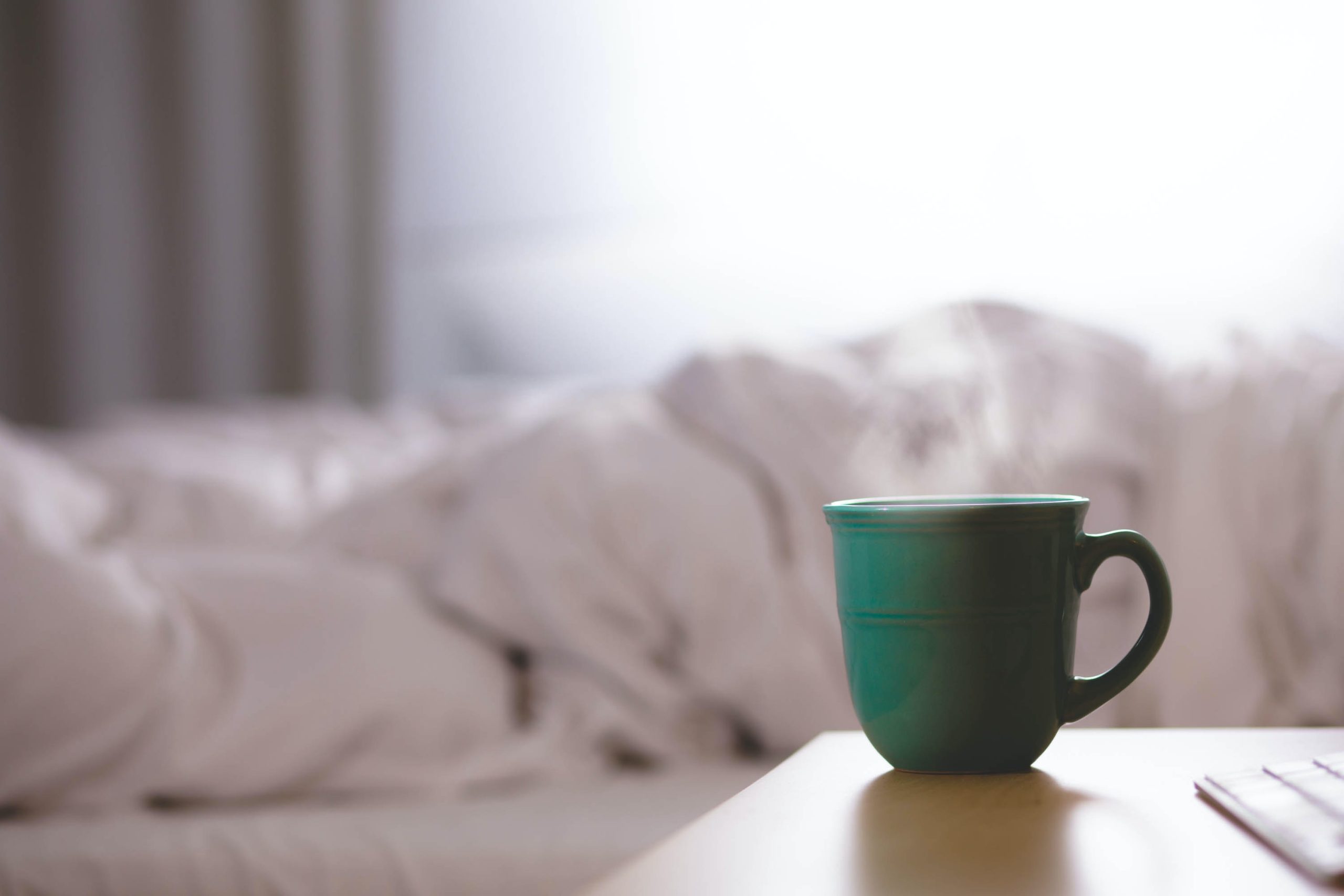Sleep is essential to overall health and well-being, and a lack of it can lead to a range of issues such as mood swings, fatigue, and even serious health conditions. Unfortunately, many people suffer from sleep disturbances, and as a result, a growing number of people are turning to cannabis for help. However, the effects of cannabis on sleep are not yet fully understood, and many people are left wondering whether it is good or bad for sleep. In this article, we will explore the available research on the topic and answer the question of whether cannabis is good or bad for sleep.
Top Reads: High Street Cannabis Sativa-Dominant III Pack Pre-Rolls: A Powerhouse Variety Pack
Introduction
Many people turn to cannabis to help with sleep disturbances, but the relationship between cannabis and sleep is not yet fully understood. Cannabis contains two main active compounds: THC, which is responsible for getting people high, and CBD, which does not cause a high. These compounds seem to affect sleep in different ways, and the results of studies on the topic are often mixed.
The Importance of Sleep
Sleep is essential to overall health and well-being. According to the Centers for Disease Control and Prevention, more than a third of adults in the United States reported getting less than the recommended seven hours of sleep each night between 2013 and 2020. In 2020, a Department of Health and Human Services study found that about 8 percent of adults reported that they regularly took sleep medications to help them fall or stay asleep. A lack of sleep can worsen mood, sap energy, and has been linked with a range of health issues, including dementia, depression, heart disease, and a weakened immune system.
The Relationship Between Cannabis and Sleep
Many people believe that cannabis can help with sleep, and some studies suggest that this may be true. However, the relationship between cannabis and sleep is not yet fully understood, and the results of studies on the topic are often mixed. Some studies have found that low doses of THC can improve sleep, while high doses can worsen it. Conversely, the inverse is true of CBD.
The Active Compounds in Cannabis and Their Effects on Sleep
Cannabis contains two main active compounds: THC and CBD. THC is largely responsible for getting people high, while CBD does not cause a high. These compounds seem to affect sleep in different ways. Limited studies have found that low doses of THC can improve sleep, whereas high doses can worsen it. The inverse is true of CBD. This makes studying cannabis and sleep challenging, especially because different cannabis products may have varying ratios of the compounds.
The Challenges of Studying Cannabis and Sleep
The effects of cannabis on sleep are not yet fully understood, and the results of studies on the topic are often mixed. This is partly because the studies that have been done are limited, and their results are often inconsistent. In addition, different cannabis products may have varying ratios of the active compounds, which can affect their effects on sleep.
The Promising Preliminary Evidence
Despite the challenges of studying cannabis and sleep, some researchers have reported “promising preliminary evidence” that cannabinoid therapies, including THC and CBD, should be investigated as possible treatments for sleep issues like insomnia, sleep apnea, restless legs syndrome, and nightmares related to post-traumatic stress disorder.
What to Consider Before Trying Cannabis for Sleep
If you’re considering using cannabis to improve your sleep, there are several factors to consider. First, it’s important to talk to your doctor before trying cannabis, especially if you have any underlying health conditions or are taking other medications.
It’s also important to start with low doses of THC and monitor your response to determine the optimal dose for you. Using THC too frequently can lead to tolerance or dependency, which can reverse the benefits of cannabis on sleep.
In addition, you should consider the method of consumption and any potential health risks associated with it. Inhaled cannabis can come with potential risks like lung damage and inflamed airways, while oral forms like pills or edibles may take longer to produce effects but can have longer-lasting effects on sleep.
Conclusion
While some studies have suggested that cannabis can be an effective sleep aid, the limited research and mixed results make it difficult to fully understand the effects of cannabis on sleep. The two main cannabinoids in cannabis, THC and CBD, have been studied for their potential effects on sleep, but the varying ratios of these compounds in different cannabis products make it difficult to draw firm conclusions.



COMMENTS